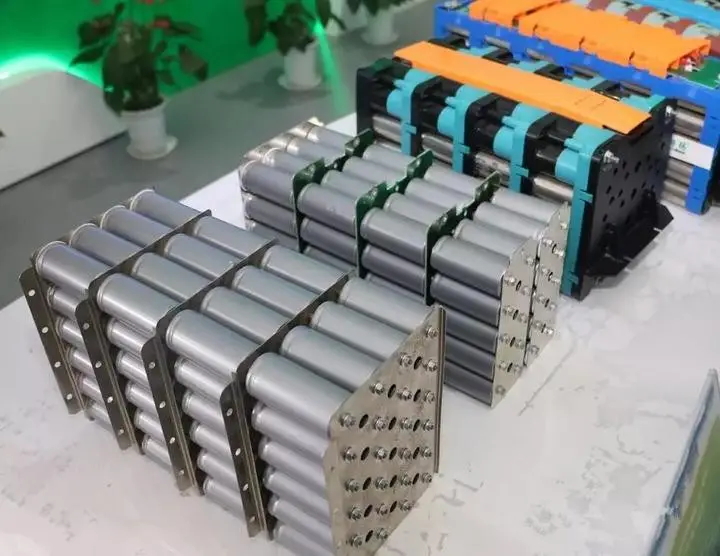 |
Welcome To Evlithium Best Store For Lithium Iron Phosphate (LiFePO4) Battery |
 |
Lithium-ion batteries are widely used owing to their higher density, low self-discharge rate, higher full charge voltage, no stress of memory effects, and deep cycle effects. As the name suggests, these batteries are made of lithium, a lighter metal that offers high electrochemical qualities and energy density. That is why it is considered an ideal metal for devising batteries. These batteries are popular and are used in several products, including toys, power tools, energy storage systems (like solar panels storage), headphones (wireless), phones, electronics, laptop appliances (both small and large), and even in electric vehicles.

Like any other battery, Lithium Ion batteries also need regular maintenance and critical care while handling. Proper maintenance is the key to using the battery comfortably till its' useful life. Some of the maintenance tips that you should follow:
Religiously follow the charging instructions mentioned on your battery by taking special care of temperature and voltage parameters.
Use good quality chargers from authentic dealers.
Though we can charge Lithium Ion batteries at a temperature range of -20ˇăC to 60ˇăC but the most suitable temperature range lies between 10ˇăC to 30ˇăC.
Please do not charge the battery at a temperature above 45ˇăC as it can lead to battery failure and lower battery performance.
Lithium Ion batteries do come in deep cycle form, but it is not advised to drain your battery till 100% of the power. You can use 100% battery once every three months but not daily. You should at least put it back to charge after consuming 80% of the power.
If you need to store your battery, then make sure to store it at room temperature with 40% charging only.
Please do not use it at very high temperatures.
Refrain from overcharging as it lowers the charge-holding power of the battery.
Like any other battery, Lithium Ion battery also degrades over time. Degradation of Lithium Ion batteries is inevitable. The degradation initiates and continues from the time you start using your battery. This is so because the primary and significant reason for degradation is the chemical reaction inside the battery. The parasitic reaction may lose its strength over time, decreasing the battery's power and charge capacity, which degrades its performance. There are two significant reasons for this lower strength of the chemical reaction. One reason is that the mobile Lithium Ions are trapped in side reactions which lower the number of ions to store and discharge/charge current. In contrast, the second reason is structural disordering which affects the performance of electrodes (anode, cathode, or both).
We can charge a Lithium Ion battery in just 10 minutes by opting fast charging method. The energy of fast-charged cells is low as compared to standard charging. To do fast charging, you have to ensure that the charge temperature is set at 600C or 1400F, which is afterward cooled down to 240C or 750F to put a limit to battery dwelling at the elevated temperature.
Fast charging also risks anode plating, which can damage the batteries. This is why fast charging is recommended only for the first charge phase. To do fast charging so that your battery life is not degraded, you have to do it in a controlled manner. The cell design plays a significant role in ascertaining that the Lithium Ion can absorb the maximum amount of current charge. Though it is commonly assumed that cathode material governs the charge absorption capacity, it is not valid in reality. A thin anode with little graphite particles and a high porosity aids in fast charging by offering a comparatively bigger area. This way, you can quickly charge power cells, but the energy of such cells is comparatively low.
Though you can charge a lithium Ion battery fast, it is advised to do so only when it is utterly needed because you surely don't want to risk your battery life over it. You should also use a fully functional good quality charger that gives you advanced options like selecting charge time to ensure that you put a less stressful charge for that time.
Edit by editor
Last Update:2023-07-25 18:32:39
All Rights reserved © 2026 Evlithium Limited